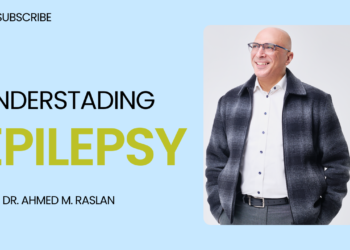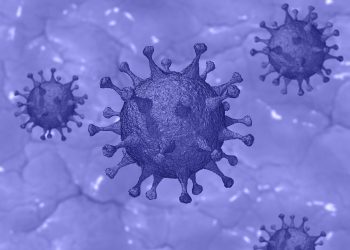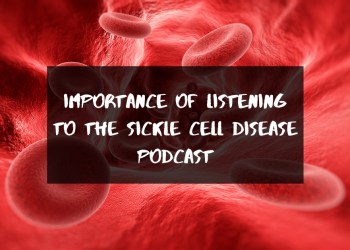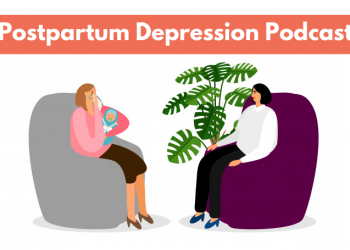Can coffee really extend your life?
A massive multi-country study involving over half a million people demonstrated that coffee consumption is associated with a lower risk of death. This was consistent across multiple countries in the study. So go and grab a cup of Joe!

The Research:
Ann Intern Med. 2017 Jul 11. doi: 10.7326/M16-2945. [Epub ahead of print]
Coffee Drinking and Mortality in 10 European Countries: A Multinational Cohort Study.
Gunter MJ1, Murphy N1, Cross AJ1, Dossus L1, Dartois L1, Fagherazzi G1, Kaaks R1, Kühn T1, Boeing H1, Aleksandrova K1, Tjønneland A1, Olsen A1, Overvad K1, Larsen SC1, Redondo Cornejo ML1, Agudo A1, Sánchez Pérez MJ1, Altzibar JM1, Navarro C1, Ardanaz E1, Khaw KT1, Butterworth A1, Bradbury KE1, Trichopoulou A1, Lagiou P1, Trichopoulos D1, Palli D1, Grioni S1, Vineis P1, Panico S1, Tumino R1, Bueno-de-Mesquita B1, Siersema P1, Leenders M1, Beulens JWJ1, Uiterwaal CU1, Wallström P1, Nilsson LM1, Landberg R1, Weiderpass E1, Skeie G1, Braaten T1, Brennan P1, Licaj I1, Muller DC1, Sinha R1, Wareham N1, Riboli E1.
1 From International Agency for Research on Cancer, Lyon, France; Imperial College London, London, United Kingdom; Institut Gustave Roussy, Villejuif, France; German Cancer Research Center, Heidelberg, Germany; German Institute of Human Nutrition Potsdam-Rehbruecke, Nuthetal, Germany; Danish Cancer Society Research Center, Copenhagen, Denmark; Aarhus University, Aarhus, Denmark; Bispebjerg and Frederiksberg Hospital, Frederiksberg, Denmark; Public Health Directorate, Asturias, Spain; Catalan Institute of Oncology, Barcelona, Spain; Andalusian School of Public Health, Granada, Spain; Public Health Division of Gipuzkoa, Basque Regional Health Department, San Sebastián, Spain; Murcia Regional Health Council, Murcia, Spain; Navarre Public Health Institute, Pamplona, Spain; University of Cambridge and MRC Epidemiology Unit, Cambridge, United Kingdom; University of Oxford, Oxford, United Kingdom; Hellenic Health Foundation, Athens, Greece; Harvard T.H. Chan School of Public Health, Boston, Massachusetts; Cancer Research and Prevention Institute-ISPO, Florence, Italy; Fondazione IRCCS Istituto Nazionale dei Tumori, Milan, Italy; Federico II University, Naples, Italy; “Civic – M.P. Arezzo” Hospital, ASP Ragusa, Ragusa, Italy; National Institute for Public Health and the Environment, Bilthoven, the Netherlands; University Medical Centre, Utrecht, the Netherlands; Malmö University Hospital, Malmö, Sweden; Umeå University, Umeå, Sweden; Swedish University of Agricultural Sciences, Uppsala, Sweden; University of Tromsø, The Arctic University of Norway, Tromsø, Norway; and National Cancer Institute, Bethesda, Maryland.
Abstract
Background:
The relationship between coffee consumption and mortality in diverse European populations with variable coffee preparation methods is unclear.
Objective:
To examine whether coffee consumption is associated with all-cause and cause-specific mortality.
Design:
Prospective cohort study.
Setting:
10 European countries.
Participants:
521 330 persons enrolled in EPIC (European Prospective Investigation into Cancer and Nutrition).
Measurements:
Hazard ratios (HRs) and 95% CIs estimated using multivariable Cox proportional hazards models. The association of coffee consumption with serum biomarkers of liver function, inflammation, and metabolic health was evaluated in the EPIC Biomarkers subcohort (n = 14 800).
Results:
During a mean follow-up of 16.4 years, 41 693 deaths occurred. Compared with nonconsumers, participants in the highest quartile of coffee consumption had statistically significantly lower all-cause mortality (men: HR, 0.88 [95% CI, 0.82 to 0.95]; P for trend < 0.001; women: HR, 0.93 [CI, 0.87 to 0.98]; P for trend = 0.009). Inverse associations were also observed for digestive disease mortality for men (HR, 0.41 [CI, 0.32 to 0.54]; P for trend < 0.001) and women (HR, 0.60 [CI, 0.46 to 0.78]; P for trend < 0.001). Among women, there was a statistically significant inverse association of coffee drinking with circulatory disease mortality (HR, 0.78 [CI, 0.68 to 0.90]; P for trend < 0.001) and cerebrovascular disease mortality (HR, 0.70 [CI, 0.55 to 0.90]; P for trend = 0.002) and a positive association with ovarian cancer mortality (HR, 1.31 [CI, 1.07 to 1.61]; P for trend = 0.015). In the EPIC Biomarkers subcohort, higher coffee consumption was associated with lower serum alkaline phosphatase; alanine aminotransferase; aspartate aminotransferase; γ-glutamyltransferase; and, in women, C-reactive protein, lipoprotein(a), and glycated hemoglobin levels.
Limitations:
Reverse causality may have biased the findings; however, results did not differ after exclusion of participants who died within 8 years of baseline. Coffee-drinking habits were assessed only once.
Conclusion:
Coffee drinking was associated with reduced risk for death from various causes. This relationship did not vary by country.
Primary Funding Source:
European Commission Directorate-General for Health and Consumers and International Agency for Research on Cancer.











